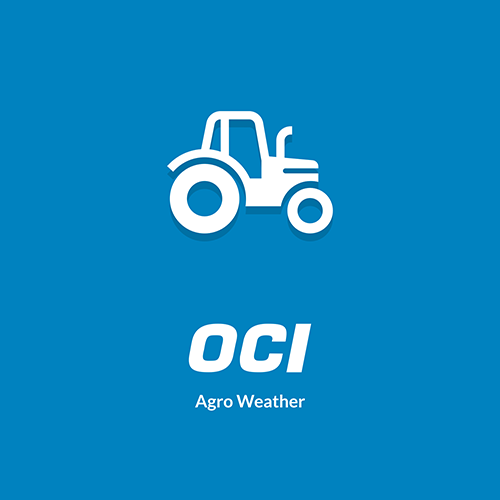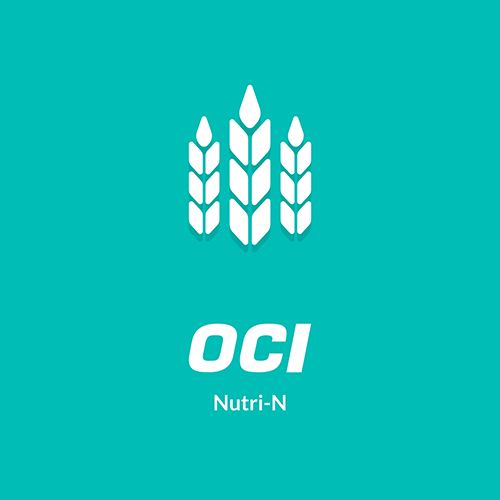Soil
General
The importance of good soil
Soil is the basis for ensuring good crop yields and crop quality. The chemical, biological and physical properties of the soil determine the conditions that enable plant growth: the availability of nutrients, water and air, as well as the suppression of plant diseases. Soil that is in good condition allows crops to grow more easily and will therefore produce more and better crops.
However, soil quality is under pressure. A high proportion of grubbing crops in the rotation cycle and reduced crop variation increase the risk of soil-borne diseases and pests.
Heavy mechanisation and late-season harvesting under poor conditions degrade the soil structure. An insufficient supply of organic matter and therefore important nutrients and micro-nutrients lead to declining soil fertility.
Soil quality deteriorates slowly and is not always noticed in time. However, at some point the limit will be reached and the yield and quality of crops will start to decline.
Soil improvement measures, especially organic matter management and the prevention and/or elimination of structural problems, require short-term investment, but these measures will pay off in the long run:
- Better moisture management, improving moisture retention and reducing the need for irrigation.
- Preventing nutrient leaching by increasing the soil’s retention capacity and allowing plants to root optimally for better nutrient uptake
- Better soil structure ensures undisturbed root growth, and less energy is needed for tillage.
- Soil disease resistance is increased by enhancing soil life and reducing stress during growth.




